Features > Property News & Insights > Market updates
What's in Store for 2024? Here's what the Property Industry thinks
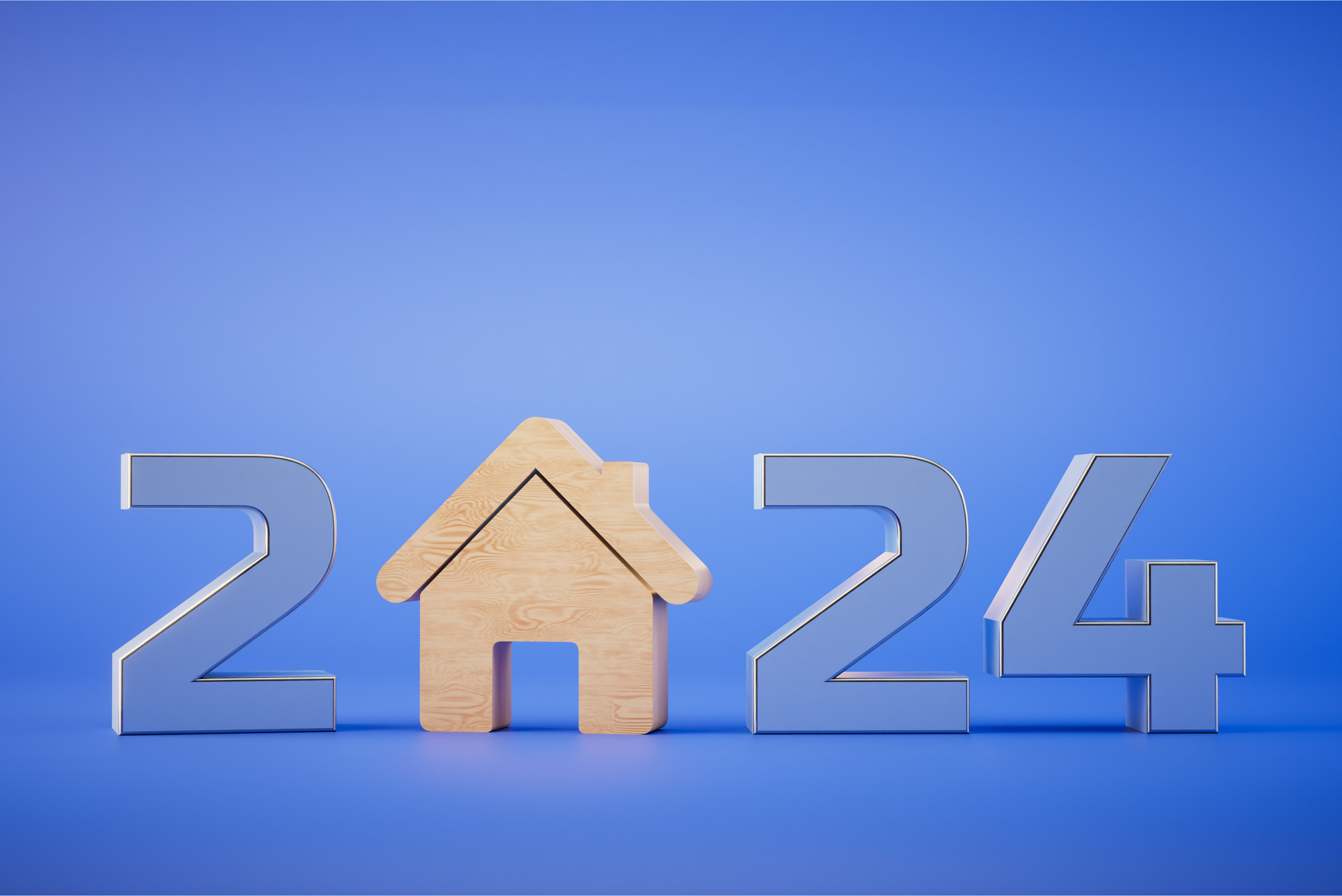
KEY POINTS
- The Property Council of Australia’s latest survey is upbeat about the prospects for residential property prices in 2024
- The survey finds price growth expectations for commercial property are either negative or nowhere near as strong as the outlook for residential property
- The property industry says housing affordability and supply is the most critical issue facing the Albanese government
2023 was an unusual year for residential property.
At the start of the year, most analysts were pessimistic, forecasting further price falls as the Reserve Bank continued to raise interest rates in a bid to tame Australia’s runaway inflation.
The international outlook was not good either, with fears of a recession in many leading Western countries, including Australia.
Instead, strong population growth, and buyer and rental demand for a limited supply of dwellings saw prices roar back to reach a new national record high in November this year.
The general consensus from forecasters like Domain and PropTrack seems to be that 2024 will still see growth in residential property prices, but at a more subdued level.
But what do the people actually working on the ground in the property industry think about the prospects for next year?
After all, many real estate agents were left feeling rather puzzled in early 2023 - they were often seeing strong buyer and rental demand at the local level, while they were being told by some forecasters that the property market was doomed.
The Property Council Sentiment Survey
The Property Council of Australia is the peak body for the property industry in Australia.
It has more than 2,300 members, and includes everyone from big developers like Mirvac, Lendlease and Brookfield, retail specialists like Stockland and Scentre group right through to local real estate agents.
It regularly surveys its members on a variety of metrics and its latest report for Q4 2023 has just landed.
The study finds that expectations regarding housing price growth in Australia among Property Council members have continued to increase.
It reached 40.4 points on the survey index.
That’s the highest level since the December quarter of 2021 and well above the historical average of 11.9.
A score of 0 is considered neutral, according to the Property Council.

Not surprisingly, the strongest expectations of future residential property price growth come from Western Australia, where CoreLogic figures show home prices in Perth have soared 13.5% over the past year.
Strong gains this year in Brisbane, the Gold and Sunshine Coasts and the regions also sees expectations of strong price growth in Queensland and there’s been a sharp jump in Canberra’s property prospects.
The outlook is more subdued in New South Wales and Victoria, but expectations of home price growth are still strong and more than double the long-term average.
Confidence in the face of challenges
More broadly, the Property Council survey finds the general level of confidence in the industry has risen over the past year.
This may seem somewhat surprising given high interest rates, a number of high profile construction company collapses and difficulties sourcing materials and workers.

The survey found industry confidence rose slightly in Q4 2023, with the Council’s index increasing one point to 114.
The Council says a score of 100 is considered “neutral”.
“While it is pleasing to see consistency of industry confidence, it is clear that housing supply and affordability continues to be a concern for industry experts,” says the Property Council’s Chief Executive Mike Zorbas.
He points to the findings in this chart:

“Construction activity for the residential sector is below its historical average, and with the federal government targeting 1.2 million homes by 2029, we simply need to up our game on planning reform and housing delivery,” Mr Zorbas says.
“Shockingly over the past 20 years, only 1.8% of permanent migrants have arrived employed in construction trades to build our cities,” he says
“Australia needs to at least double the long-term arrival of construction trades if we are to have a hope of building our 1.2 million new homes target.”
The Property Council boss is also critical of new property taxes introduced by the Victorian and New South Wales state governments, which “continue to jeopardise housing supply and industry confidence at a time of consistently high input and investment costs.”
Residential versus other forms of property
The Property Council survey also provides an interesting contrast between residential and other forms of property.
The outlook for the commercial sector is gloomy.
It shows the prospects for office space are decidedly pessimistic at more than -20 on its expectations of capital growth measure.

It’s a similar story with retail property prices, where expectations are at -5.
Interestingly, that’s identical to the historical average for the sector.
Prospects for capital growth in hotels and industrial property are in positive territory, at just above 10% and 19% respectively, but it’s really only the retirement living sector at around 33% that Property Council members feel comes anywhere near their positive expectations regarding housing price growth.
Stay Up to Date
with the Latest Australian Property News, Insights & Education.




.png?width=292&height=292&name=Copy%20Link%20(1).png)
 SIGN UP FOR FREE NEWSLETTER
SIGN UP FOR FREE NEWSLETTER
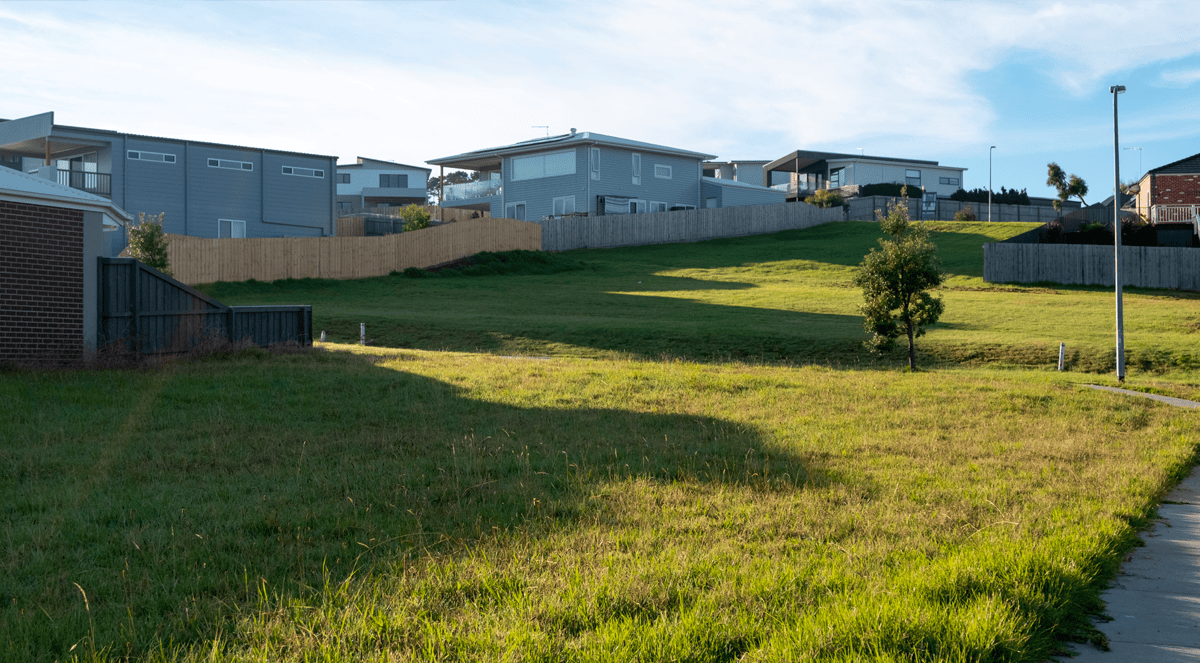
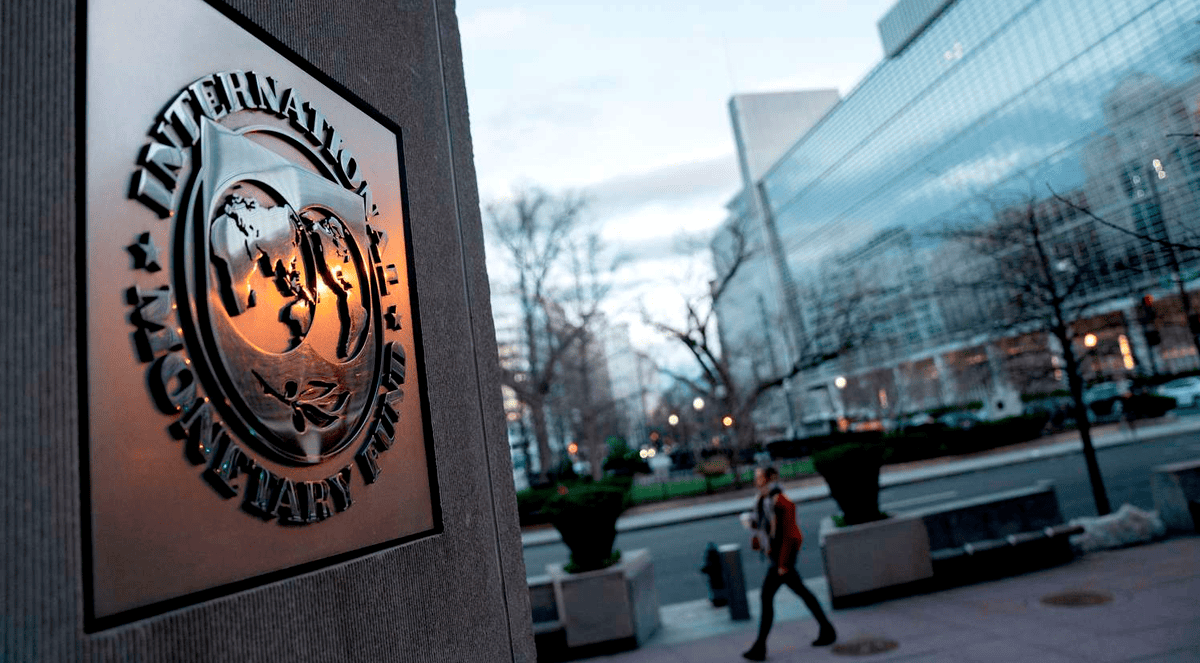
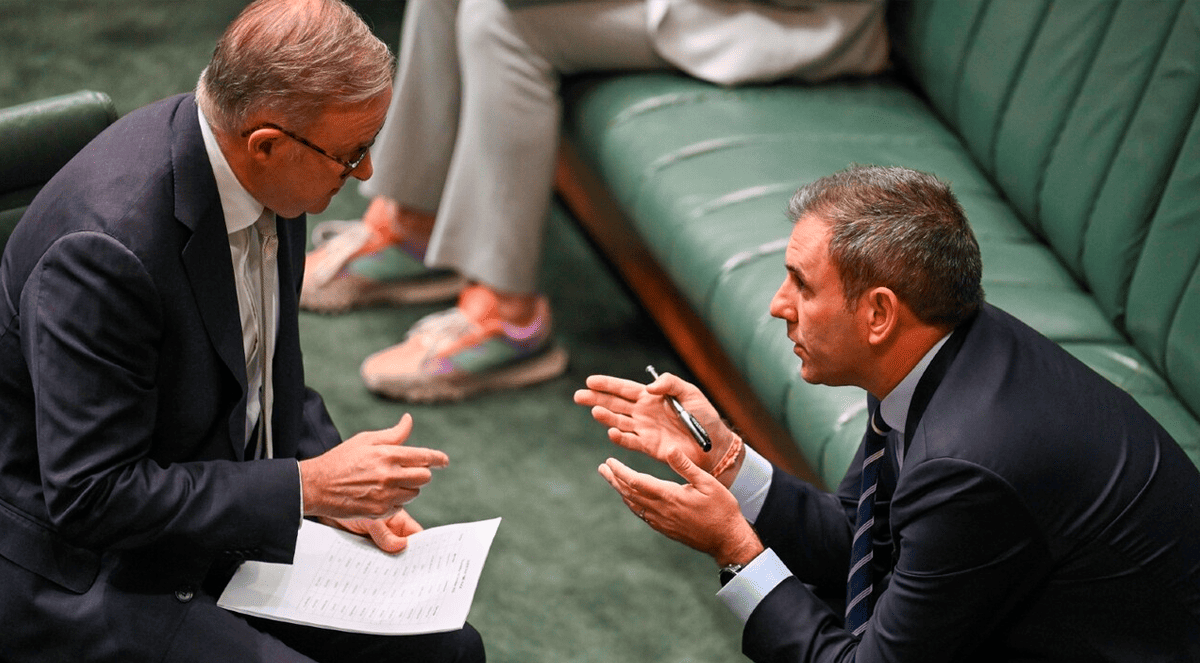
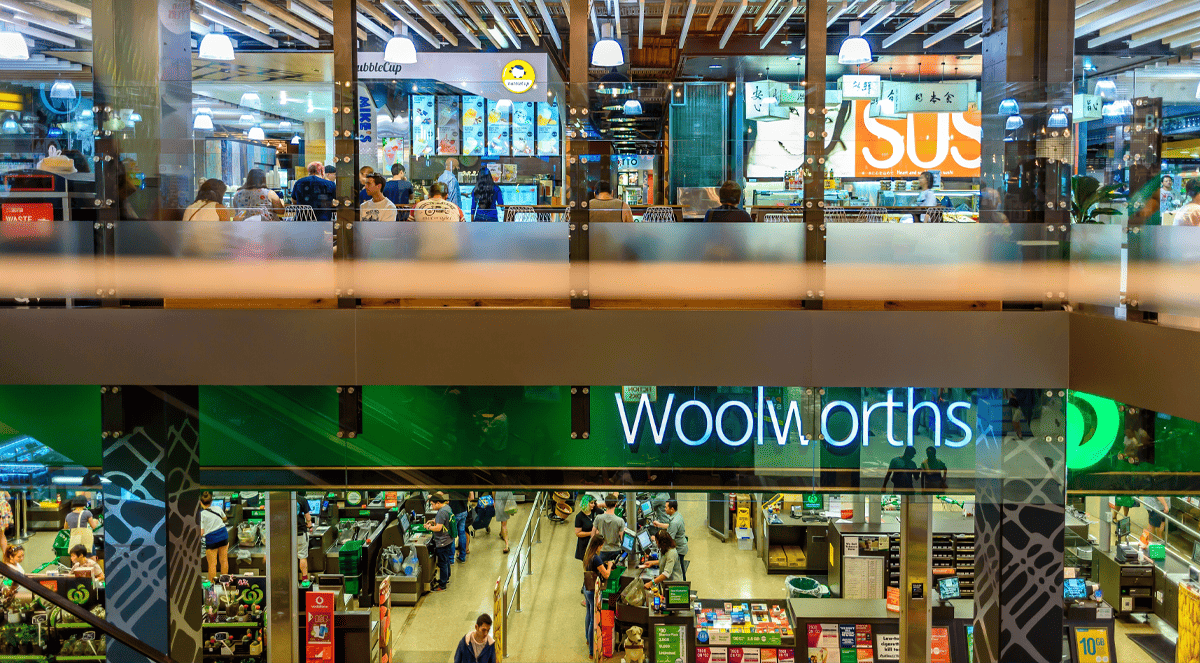
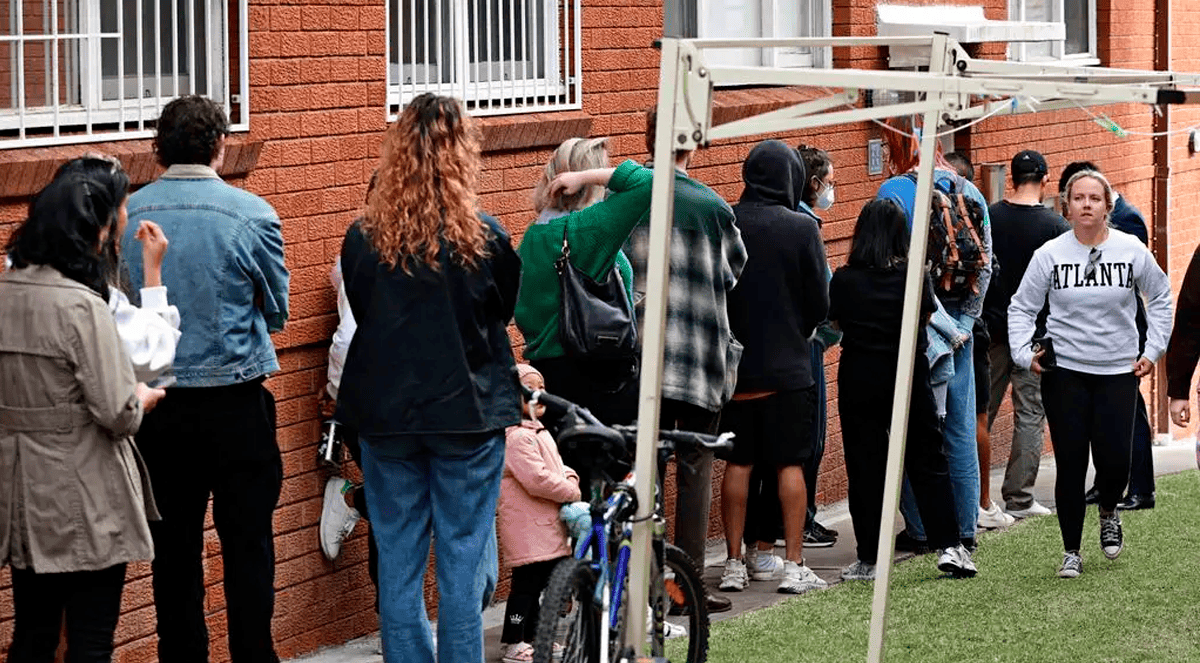


%20Scott%20Kuru%20DPU%20145.jpg?width=1920&height=1080&name=Senate%20Inquiry%20Forced%20the%20RBA%20to%20Admit%20the%20Housing%20Crisis%20Will%20Never%20Be%20Fixed%20(It%20Was%20All%20a%20Lie)%20Scott%20Kuru%20DPU%20145.jpg)



%20Scott%20Kuru%20DPU%20141.jpg?width=1920&height=1080&name=The%20Senate%20Just%20Exposed%20Australias%20Biggest%20$80%20Billion%20Housing%20Fraud%20(Inquiry%20Launched)%20Scott%20Kuru%20DPU%20141.jpg)




%20Scott%20Kuru%20DPU136.jpg?width=1920&height=1080&name=Aussies%20Just%20Got%20Hit%20With%20Double%20Taxes%20on%20Everything%20(This%20Has%20Gone%20Too%20Far)%20Scott%20Kuru%20DPU136.jpg)


%20Scott%20Kuru%20DPU%20133.jpg?width=1920&height=1080&name=JUST%20IN%20Something%20Major%20Just%20Flipped%20Australia%E2%80%99s%20Property%20Market%20for%202026%20(No%20One%20Saw%20This%20Coming)%20Scott%20Kuru%20DPU%20133.jpg)


.jpg?width=1920&height=1080&name=Rental%20Prices%20At%20Record%20Highs%20And%20Vacancy%20Rates%20At%20All%20Time%20Lows%20(New%20Data%20Reveals).jpg)
%20%20DPU%20EP%2014.jpg?width=1920&height=1080&name=Investors%20Shutting%20Out%20First%20Home%20Buyers%20(Investors%20At%20Record%20Highs)%20%20DPU%20EP%2014.jpg)

.jpg?width=1920&height=1080&name=Darwins%20Property%20Market%20Boom%20or%20Dangerous%20Gamble%20(REVEALED).jpg)

.jpg?width=1920&height=1080&name=The%20RBA%E2%80%99s%20Rate%20Cut%20Could%20Explode%20House%20Prices%20(Here%E2%80%99s%20Why).jpg)








.jpg?width=1920&height=1080&name=Warning%2c%20You%20Might%20Be%20Facing%20Higher%20Taxes%20Soon%20(1).jpg)




.png?width=1920&height=1080&name=Rate%20Drops%20Signal%20BIGGEST%20Property%20Boom%20in%20DECADES%20(1).png)

.jpg?width=1920&height=1080&name=Labor%20vs%20Liberal%20These%20Housing%20Policies%20Could%20Change%20the%20Property%20Market%20Forever%20(1).jpg)
.jpg?width=1920&height=1080&name=QLD%20Slashes%20Stamp%20Duty%20Big%20News%20for%20Investors%20%26%20Home%20Buyers%20(1).jpg)
.jpg?width=1920&height=1080&name=Trump%20Just%20Slapped%20Tariffs%20%E2%80%93%20Here%E2%80%99s%20What%20It%20Means%20for%20Australia%20(1).jpg)
.jpg?width=1920&height=1080&name=Federal%20Budget%202025%20More%20Debt%2c%20No%20Housing%20%E2%80%93%20Here%E2%80%99s%20What%20You%20Need%20to%20Know%20(1).jpg)
.jpg?width=1920&height=1080&name=Australias%20Housing%20Crisis%20is%20about%20to%20get%20MUCH%20Worse%20(New%20Data%20Warns).jpg)
%20(1).jpg?width=1920&height=1080&name=Australias%20RENTAL%20CRISIS%20Hits%20ROCK%20BOTTOM!%20(2025%20Update)%20(1).jpg)
%20(1).png?width=1920&height=1080&name=Is%20Adelaide%20Still%20a%20Good%20Property%20Investment%20(2025%20UPDATE)%20(1).png)
.jpg?width=1920&height=1080&name=RBA%20Shocks%20with%20Rate%20Cuts!%20What%E2%80%99s%20Next%20for%20Property%20Investors%20(1).jpg)
%20(1).jpg?width=1920&height=1080&name=I%20Predict%20The%20Feb%20Rate%20Cut%20(My%20Price%20Growth%20Prediction)%20(1).jpg)
.png?width=1920&height=1080&name=Why%20Property%20Prices%20Will%20Rise%20in%202025%20Market%20Predictions%20(1).png)
.jpg?width=1920&height=1080&name=Why%20Investors%20Are%20Choosing%20Apartments%20Over%20Houses%202%20(1).jpg)
.jpg?width=1920&height=1080&name=Why%20Rate%20Cuts%20Will%20Trigger%20A%20Property%20Boom%20(1).jpg)
.jpg?width=1920&height=1080&name=Retire%20On%202Million%20With%20One%20Property%20(Using%20SMSF).jpg)
.jpg?width=1920&height=1080&name=4%20Reasons%20Why%20You%20Should%20Invest%20in%20Melbourne%20Now%20(1).jpg)
%20(1).jpg?width=1920&height=1080&name=Old%20Property%20vs%20New%20Property%20(Facts%20and%20Figures%20Revealed)%20(1).jpg)
%20(1).jpg?width=1920&height=1080&name=Will%20The%20New%20QLD%20Govt%20Create%20a%20Property%20Boom%20or%20Bust%20(My%20Prediction)%20(1).jpg)
%20Scott%20Kuru%20(1).jpg?width=1920&height=1080&name=Inflation%20Hits%20Three-Year%20Low%20(Will%20RBA%20Cut%20Rates%20Soon)%20Scott%20Kuru%20(1).jpg)
.jpg?width=1920&height=1080&name=How%20to%20Buy%20Investment%20Property%20Through%20SMSF_%20The%20Ultimate%20Guide%20(1).jpg)
.jpg?width=1920&height=1080&name=Victoria%20Slashes%20Stamp%20Duty%20Melbourne%20Set%20to%20Boom%20Scott%20Kuru%20(1).jpg)
.png?width=1571&height=861&name=Are%20Foreign%20Buyers%20Really%20Driving%20Up%20Australian%20Property%20Prices%20(1).png)
.jpg?width=1920&height=1080&name=The%20Single%20Factor%20That%20Predicts%20Property%20Growth%20Regions%20(1).jpg)
%20Scott%20Kuru%20(1).jpg?width=1920&height=1080&name=My%20Prediction%20On%20Rates%20%26%20Negative%20Gearing%20(Market%20Crash)%20Scott%20Kuru%20(1).jpg)

-1.png?width=1920&height=1080&name=Major%20Banks%20Cut%20Rates%20Will%20RBA%20Follow%20Suit%20(Sept%20Rate%20Update)-1.png)
%20Scott%20Kuru-1.png?width=1920&height=1080&name=Rate%20Cut%20Coming%20What%20New%20Zealands%20Move%20Means%20for%20Australia%20(Sept%20Prediction)%20Scott%20Kuru-1.png)
%20(1).jpg?width=1920&height=1080&name=Buy%20when%20the%20interest%20rates%20are%20high!%20(Why%20you%20must%20buy%20now!)%20(1).jpg)
.jpg?width=1920&height=1080&name=Carms_Revised%20Taxes%20Due%20Aug%209%20YT%20Thumbnail02%20(1).jpg)
.jpg?width=1920&height=1080&name=Carms_Too%20Little%20Too%20Late%20Aug%207%20YT%20Thumbnail01%20(1).jpg)









.jpg?width=1920&height=1080&name=Carms_Rate%20Drop%20In%20July%20Jun%2010%20YT%20Thumbnail02%20(1).jpg)
.jpg?width=1920&height=1080&name=Carms_Own%20a%20Property%20V6%20Jun%205_YT%20Thumbnail%20(1).jpg)









.png?width=1920&height=1080&name=Artboard%201%20(3).png)






.jpg?width=1920&height=1080&name=YT%20thumbnail%20%20(1).jpg)

